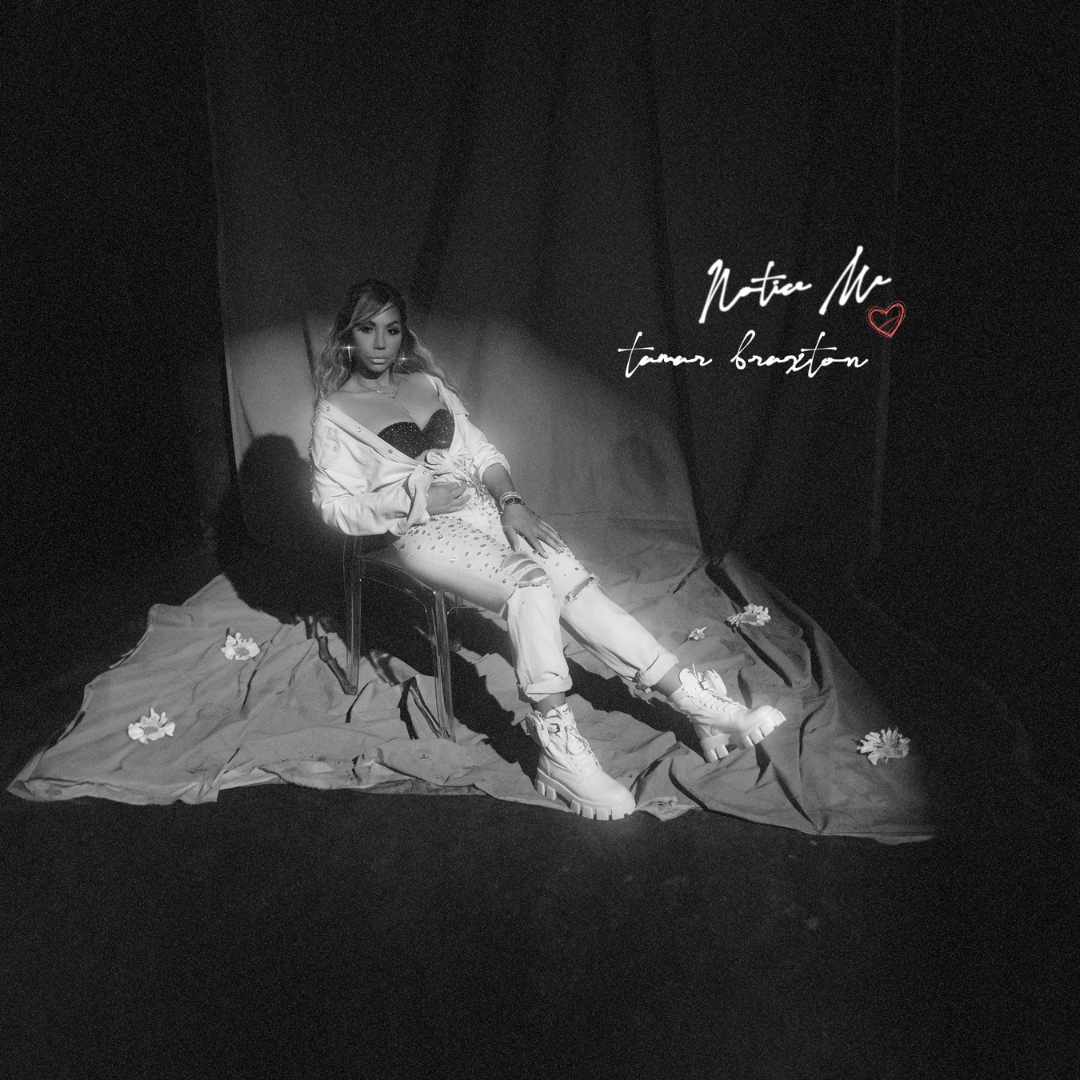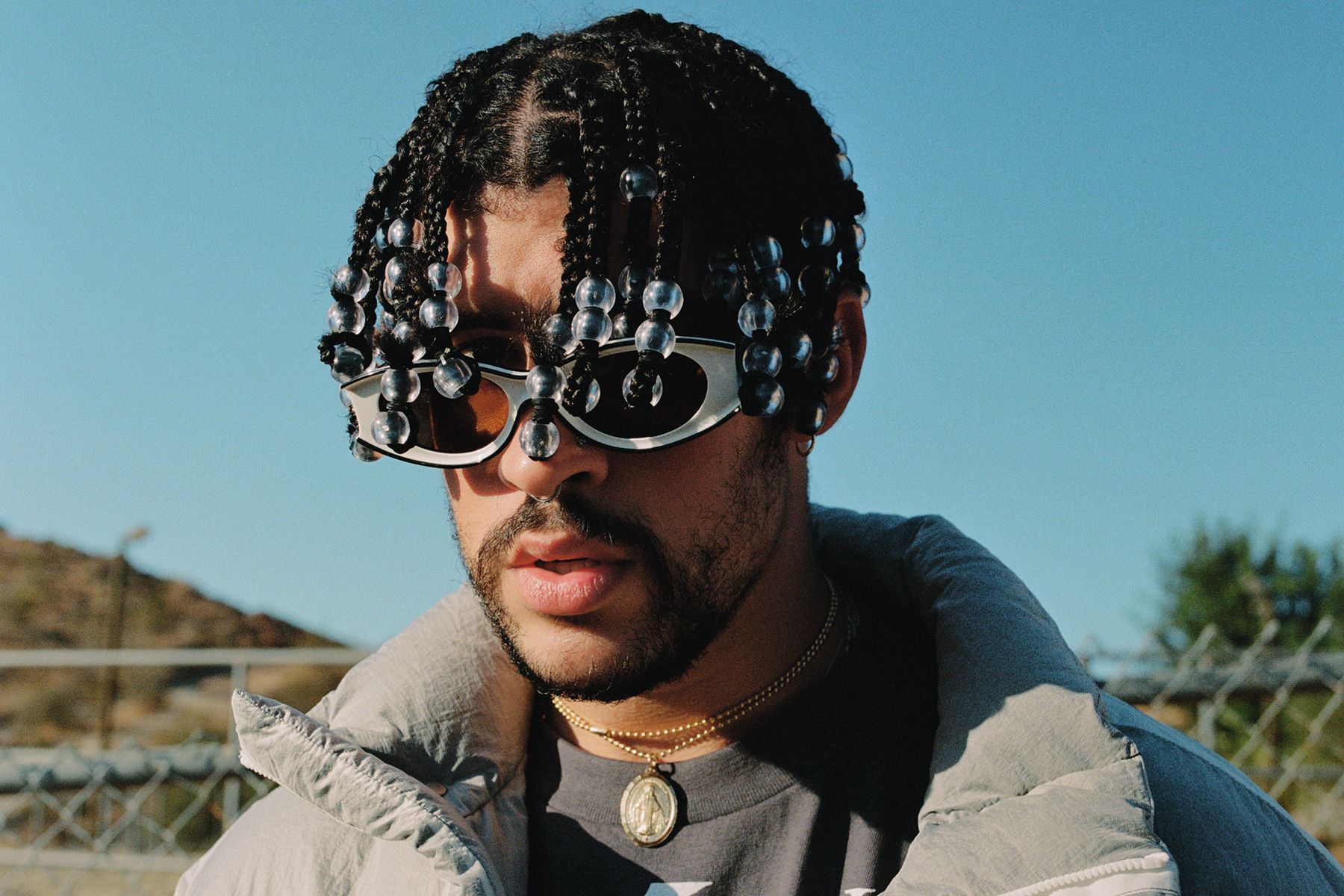10 Things We Learned From Bob Dylan’s Latest Interview
Bob Dylan’s Q&A with the New York Times on Friday marks his first major interview in three years, following a conversation with Bill Flanagan on his own website in 2017. In it, he tells historian Douglas Brinkley about his upcoming album, Rough and Rowdy Ways, including the sprawling, 17-minute closer “Murder Most Foul” and the controversial “I Contain Multitudes.“
He also shares his favorite Eagles songs, his thoughts on the pandemic and the recent death of George Floyd that shook the nation. “It sickened me no end to see George tortured to death like that,” he said. “It was beyond ugly. Let’s hope that justice comes swift for the Floyd family and for the nation.”
Here are 10 highlights from the interview.
1. He worries about the past being forgotten.
Early on in the conversation, Brinkley asks Dylan about the apocalyptic nature of “Murder Most Foul.” The songwriter admits his apprehension regarding the state of the world in 2020 but points out that that kind of anxiety isn’t felt by younger generations. “We have a tendency to live in the past, but that’s only us,” he told Brinkley. “Youngsters don’t have that tendency. They have no past, so all they know is what they see and hear, and they’ll believe anything. In 20 or 30 years from now, they’ll be at the forefront.”
Almost somberly, he predicts the past will eventually be forgotten: “When you see somebody that is 10 years old, he’s going to be in control in 20 or 30 years, and he won’t have a clue about the world we knew,” he said. “Young people who are in their teens now have no memory lane to remember. So it’s probably best to get into that mindset as soon as we can because that’s going to be the reality.”
2. He discusses the recent deaths of John Prine and Little Richard.
Following the death of Little Richard on May 9th, Dylan paid tribute to the rock pioneer, describing him as “my shining star and guiding light back when I was only a little boy.” He expands on this to Brinkley, admiring both Richard and John Prine, who died in April. “Both of those guys were triumphant in their work,” he said. “They don’t need anybody doing tributes. Everybody knows what they did and who they were. And they deserve all the respect and acclaim that they received. No doubt about it.”
He also shares the differences between his perspective on both of the icons: “Little Richard I grew up with,” he observed. “And he was there before me. Lit a match under me. Tuned me into things I never would have known on my own. So I think of him differently. John came after me. So it’s not the same thing. I acknowledge them differently.”
3. He thinks the Eagles’ “Pretty Maids in a Row” could be one of the best songs ever.
The epic “Murder Most Foul” contains so many historical references it’s hard to keep track (but don’t worry, you can find them here). Sitting between lines about Gone With the Wind and Bugsy Siegel is a shoutout to the founders of the Seventies rock band, with a nod to bassist Randy Meisner’s greatest contribution: “Play Don Henley/Play Glenn Frey/Take it to the limit and let it go by.”
When Brinkley asked him about his favorite Eagles songs, he cited three — all from 1976’s Hotel California. “‘New Kid in Town,’ ‘Life in the Fast Lane,’ ‘Pretty Maids All in a Row,’” he said. “That could be one of the best songs ever.”
4. He addresses the Anne Frank controversy in “I Contain Multitudes.”
It was quite startling when Dylan paired the Holocaust victim with George Lucas’ action hero in a single line: “I’m just like Anne Frank, like Indiana Jones/And them British bad boys, the Rolling Stones/I go right to the edge, I go right to the end/I go right where all things lost are made good again.”
“Her story means a lot,” he told Brinkley. “It’s profound. And hard to articulate or paraphrase, especially in modern culture. Everybody’s got such a short attention span. But you’re taking Anne’s name out of context, she’s part of a trilogy. You could just as well ask, ‘What made you decide to include Indiana Jones or the Rolling Stones?’”
“The names themselves are not solitary,” he said. “It’s the combination of them that adds up to something more than their singular parts. To go too much into detail is irrelevant. The song is like a painting, you can’t see it all at once if you’re standing too close. The individual pieces are just part of a whole.”
5. He wishes he could have written the Rolling Stone’s “Angie.”
Dylan admitted he would have liked to have written the Goats Head Soup centerpiece, as well as “Ventilator Blues” and “Wild Horses.”
6. He praises guitarist Charlie Sexton.
Sexton began playing in Dylan’s band in 1999, leaving in 2002 and returning in 2009. Fans consider him to be one of the greatest guitarists Dylan has ever played with, up there with Robbie Robertson. “There aren’t any of my songs that Charlie doesn’t feel part of and he’s always played great with me,” Dylan told Brinkley. “‘False Prophet’ is only one of three 12-bar structural things on this record. Charlie is good on all the songs.”
“He’s not a show-off guitar player, although he can do that if he wants,” he continued. “He’s very restrained in his playing but can be explosive when he wants to be. It’s a classic style of playing. Very old school. He inhabits a song rather than attacking it. He’s always done that with me.”
7. Girl from the North Country made him cry.
Conor McPherson’s musical was praised for its unconventional Dylan song selection. You won’t find the characters in the Duluth, Minnesota, boarding house singing “Blowin’ in the Wind” or “Tambourine Man.” Instead, the musical features hardcore fan favorites, like “Slow Train,” “Is Your Love in Vain?” and “Sweetheart Like You.”
Watching it, Dylan himself got emotional. “Sure, I’ve seen it and it affected me,” he said. “I saw it as an anonymous spectator, not as someone who had anything to do with it. I just let it happen. The play had me crying at the end. I can’t even say why. When the curtain came down, I was stunned. I really was. Too bad Broadway shut down because I wanted to see it again.”
8. He analyzes “When I Paint My Masterpiece.”
When Brinkley admitted that Dylan’s 1971 classic (first released by the Band) has grown on him, he casually agrees. “It’s grown on me as well,” he said. “I think this song has something to do with the classical world, something that’s out of reach. Someplace you’d like to be beyond your experience. Something that is so supreme and first-rate that you could never come back down from the mountain. That you’ve achieved the unthinkable.”
“That’s what the song tries to say, and you’d have to put it in that context,” he continued. “In saying that though, even if you do paint your masterpiece, what will you do then? Well, obviously you have to paint another masterpiece. So it could become some kind of never-ending cycle, a trap of some kind. The song doesn’t say that, though.”
9. He doesn’t plan on recording a bluegrass album.
It might not be the most exciting question, but Dylan’s response is worth noting: “I’ve never thought about that,” he said. “Bluegrass music is mysterious and deep-rooted and you almost have to be born playing it. Just because you are a great singer, or a great this or that doesn’t mean you can be in a bluegrass band. It’s almost like classical music. It’s harmonic and meditative, but it’s out for blood. If you ever heard the Osborne Brothers, then you know what I mean. It’s an unforgiving music and you can only it stretch so far.”
10. He avoids a question about his health.
Brinkley concluded the interview by asking Dylan on the state of his health, which he doesn’t exactly answer directly. “Oh, that’s the big question, isn’t it?” he replied. “How does anybody do it? Your mind and body go hand in hand. There has to be some kind of agreement. I like to think of the mind as spirit and the body as substance. How you integrate those two things, I have no idea. I just try to go on a straight line and stay on it, stay on the level.”
Popular on Rolling Stone



